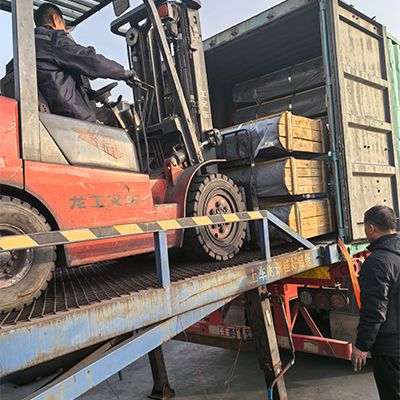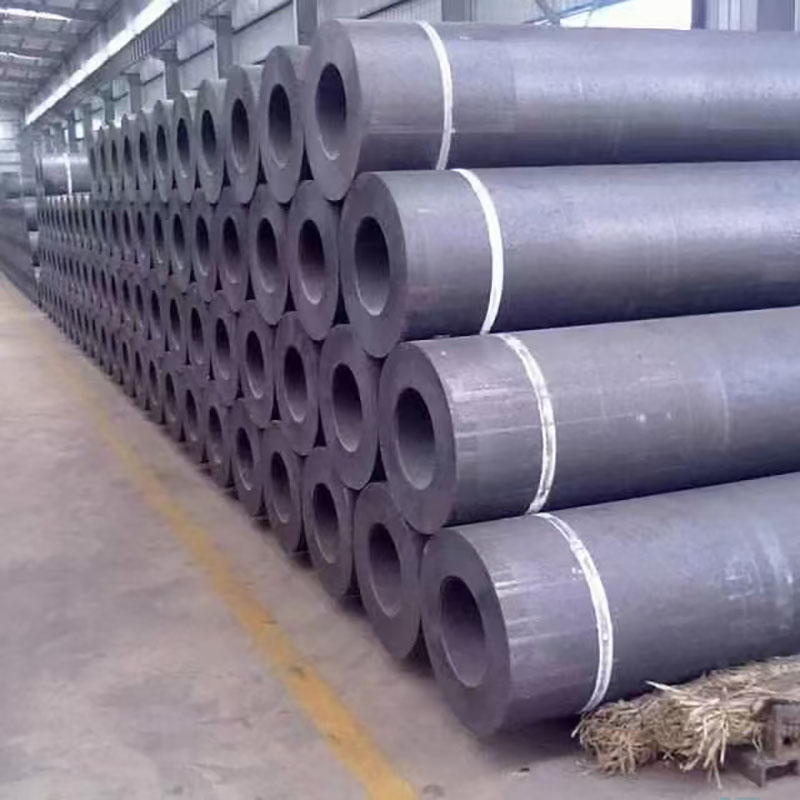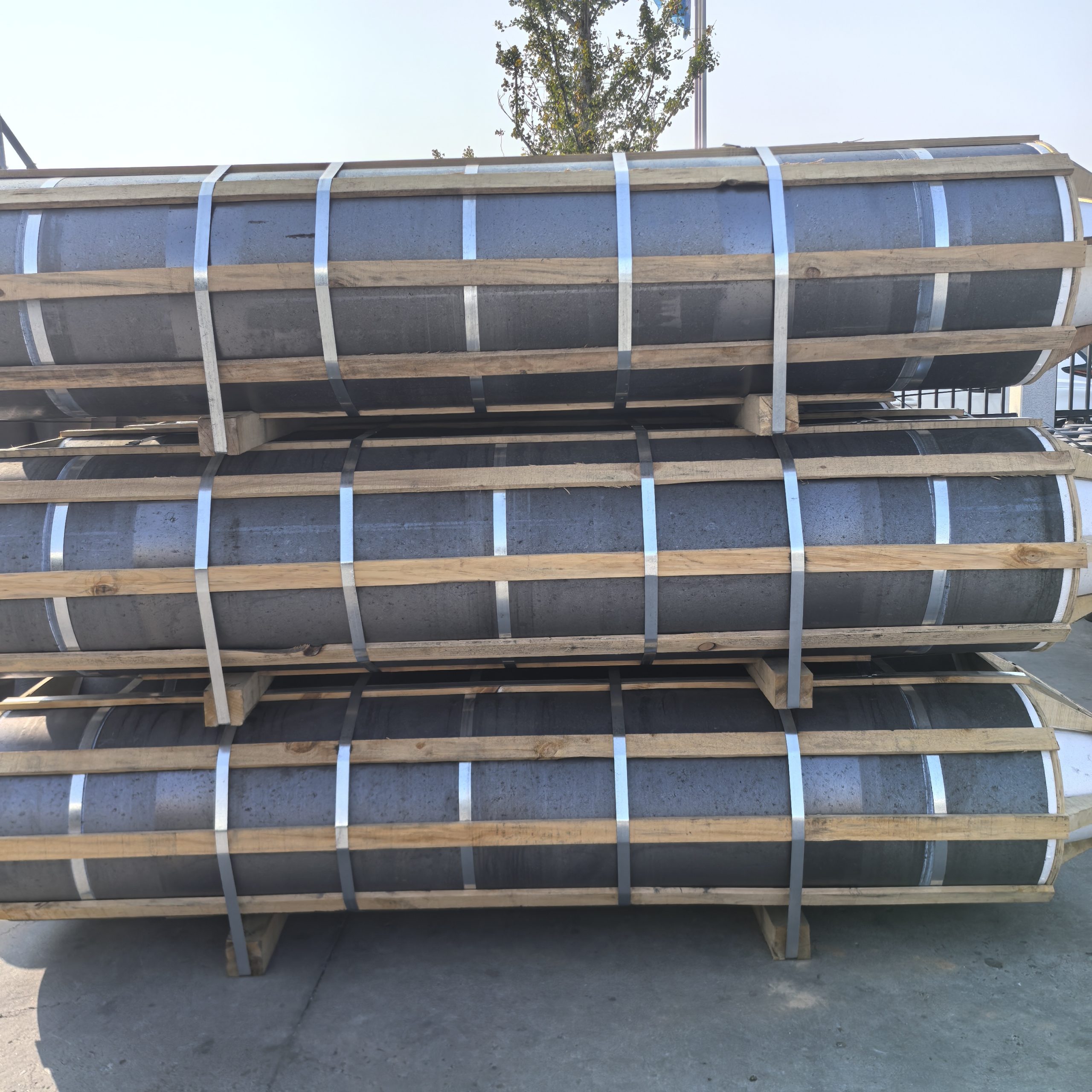- Chinese
- French
- German
- Portuguese
- Spanish
- Russian
- Japanese
- Korean
- Arabic
- Irish
- Greek
- Turkish
- Italian
- Danish
- Romanian
- Indonesian
- Czech
- Afrikaans
- Swedish
- Polish
- Basque
- Catalan
- Esperanto
- Hindi
- Lao
- Albanian
- Amharic
- Armenian
- Azerbaijani
- Belarusian
- Bengali
- Bosnian
- Bulgarian
- Cebuano
- Chichewa
- Corsican
- Croatian
- Dutch
- Estonian
- Filipino
- Finnish
- Frisian
- Galician
- Georgian
- Gujarati
- Haitian
- Hausa
- Hawaiian
- Hebrew
- Hmong
- Hungarian
- Icelandic
- Igbo
- Javanese
- Kannada
- Kazakh
- Khmer
- Kurdish
- Kyrgyz
- Latin
- Latvian
- Lithuanian
- Luxembou..
- Macedonian
- Malagasy
- Malay
- Malayalam
- Maltese
- Maori
- Marathi
- Mongolian
- Burmese
- Nepali
- Norwegian
- Pashto
- Persian
- Punjabi
- Serbian
- Sesotho
- Sinhala
- Slovak
- Slovenian
- Somali
- Samoan
- Scots Gaelic
- Shona
- Sindhi
- Sundanese
- Swahili
- Tajik
- Tamil
- Telugu
- Thai
- Ukrainian
- Urdu
- Uzbek
- Vietnamese
- Welsh
- Xhosa
- Yiddish
- Yoruba
- Zulu
- Kinyarwanda
- Tatar
- Oriya
- Turkmen
- Uyghur

graphite electrode used for Manufacturer
The Role of Graphite Electrodes in Manufacturing Processes
Graphite electrodes are a staple in various manufacturing processes, yet they often remain misunderstood. Their critical role, especially in steel manufacturing, highlights their importance. Debunking common misconceptions can reveal why seasoned manufacturers rely heavily on these components, from the experts at Hebei Yaofa Carbon Co., Ltd. to smaller industry players.
Understanding Graphite Electrodes
Initially, it's easy to overlook the importance of graphite electrodes. They seem straightforward but are crucial in processes like electric arc furnace (EAF) steelmaking. Here, the electrodes act as conductors, transferring electrical energy into the furnace. Key to their efficiency is their ability to withstand high temperatures and intense electrical currents.
At first glance, choosing the right electrode might seem simple. However, several factors come into play—grade, size, and application specifics. Industry experts, like those at Hebei Yaofa Carbon Co., Ltd., often emphasize tailoring electrode use based on these parameters. Their experience over two decades aids in optimizing these choices.
Interestingly, the diverse applications of these electrodes aren't limited to steel production. Manufacturers use them in silicon metal production and other high-temperature environments. This adaptability further underscores their utility across industries.
Manufacturing Challenges and Solutions
One might assume that all graphite electrodes perform identically. Experience shows, though, that quality can vary significantly. Issues such as electrode breakage, unexpected wear, or inefficiency can arise due to inferior materials or unsuitable grades. This is where a seasoned supplier, like Hebei Yaofa Carbon Co., Ltd., proves invaluable.
Their production expertise, detailed on their website here, highlights the attention to raw material selection and manufacturing precision. They've addressed common industry pains by offering UHP/HP/RP grade electrodes tailored to specific needs, substantially reducing operation disruptions.
Notably, Hebei Yaofa's dedication to consistency results in higher yields and lower costs, an edge crucial for manufacturers looking to maintain competitiveness in a global market.
Practical Insights From the Field
Firsthand experience in the field often reveals nuances theory might miss. When implementing graphite electrodes, certain real-world factors play a significant role. Environmental conditions, for instance, can affect performance. Humidity and dust presence may impact conductivity and durability.
Moreover, interaction with auxiliary components—like the electrical system's design and maintenance protocols—can influence efficiency. For manufacturers unsure about these details, consultation with experts can mitigate potential challenges and optimize performance. Hebei Yaofa provides valuable guidance in this regard.
Accurate data recording and regular maintenance checks form another cornerstone of effective electrode usage. These practices prevent unexpected failures and prolong electrode life, translating into cost savings and reduced downtime.
Technology and Innovation
As with any industry, advances in technology consistently reshape practices. The manufacturing of graphite electrodes is no exception. Companies like Hebei Yaofa Carbon Co., Ltd. invest heavily in R&D to enhance electrode capabilities, aiming for higher efficiency and adaptability.
Innovation allows for the development of electrodes that can handle even greater power loads and last longer under extreme conditions. These advancements are not just theoretical; they provide tangible benefits in reducing energy consumption and improving process economics.
The continued evolution of electrode technology can significantly change operational dynamics, offering advantages to forward-thinking manufacturers willing to adopt cutting-edge solutions.
The Value of a Reliable Supplier
Ultimately, the selection of a graphite electrode supplier holds as much weight as choosing the right materials. An experienced partner, like Hebei Yaofa Carbon Co., Ltd., can offer critical insights and support, ensuring optimal use of their products.
Their comprehensive production and quality control processes are outlined on their website, providing assurance of product reliability and consistency. This reliability is crucial, particularly when stakes in production timelines and quality are high.
Developing a long-term partnership with a trusted supplier allows for better resource management, operational efficiency, and ultimately, a stronger market position. For manufacturers, this relationship directly contributes to sustaining and enhancing their competitive edge in a demanding industry landscape.
Related products
Related products
Best selling products
Best selling products-
 Spherical carburizer
Spherical carburizer -
 Factory direct sale! UHP ultra-high power electrodes, specifically designed for electric arc furnaces and refining furnaces.
Factory direct sale! UHP ultra-high power electrodes, specifically designed for electric arc furnaces and refining furnaces. -
 Granular carburizer
Granular carburizer -
 UHP ultra high power graphite electrode
UHP ultra high power graphite electrode -
 A supplier of graphite electrodes with a global distribution network.
A supplier of graphite electrodes with a global distribution network. -
 RP normal power graphite electrode
RP normal power graphite electrode -
 Columnar carburizer
Columnar carburizer -
 High-power graphite electrodes, 600 mm diameter, for export.
High-power graphite electrodes, 600 mm diameter, for export. -
 Graphite plate
Graphite plate -
 Ultra-High Power Graphite Electrode
Ultra-High Power Graphite Electrode -
 Graphite Crucible
Graphite Crucible -
 HP high power graphite electrode
HP high power graphite electrode





